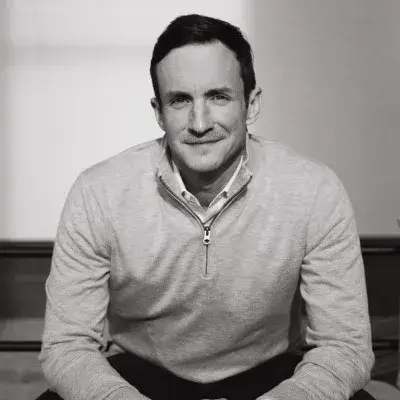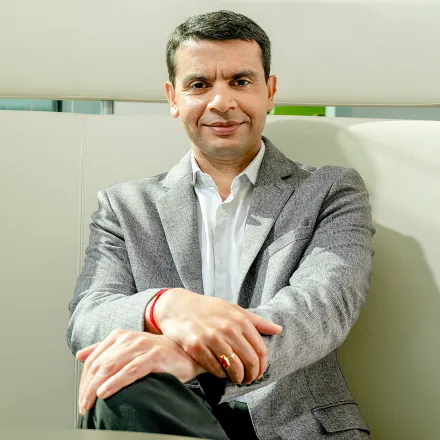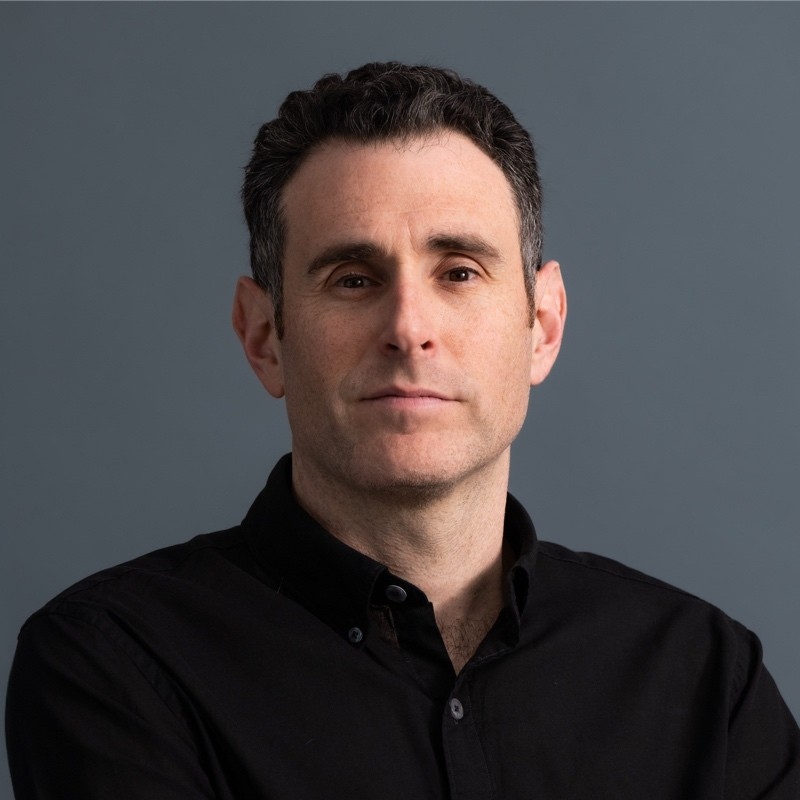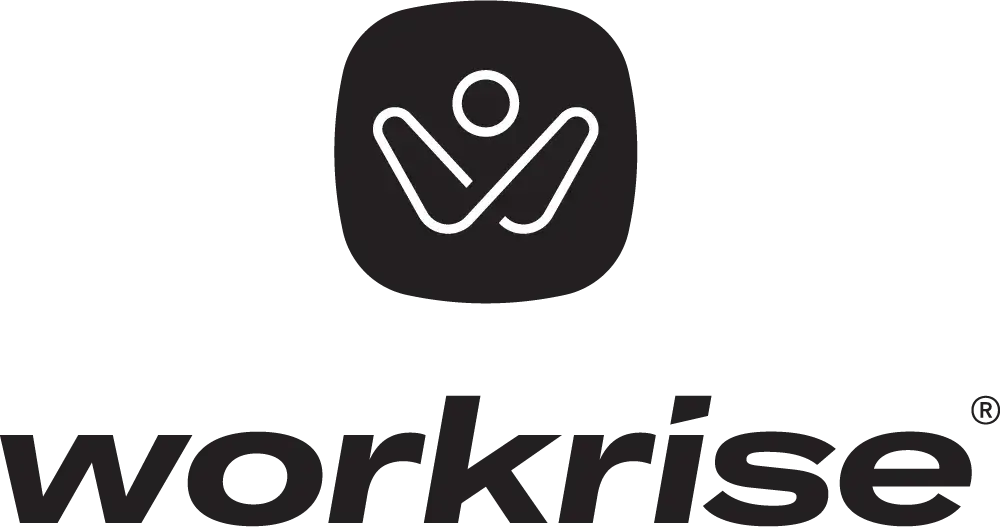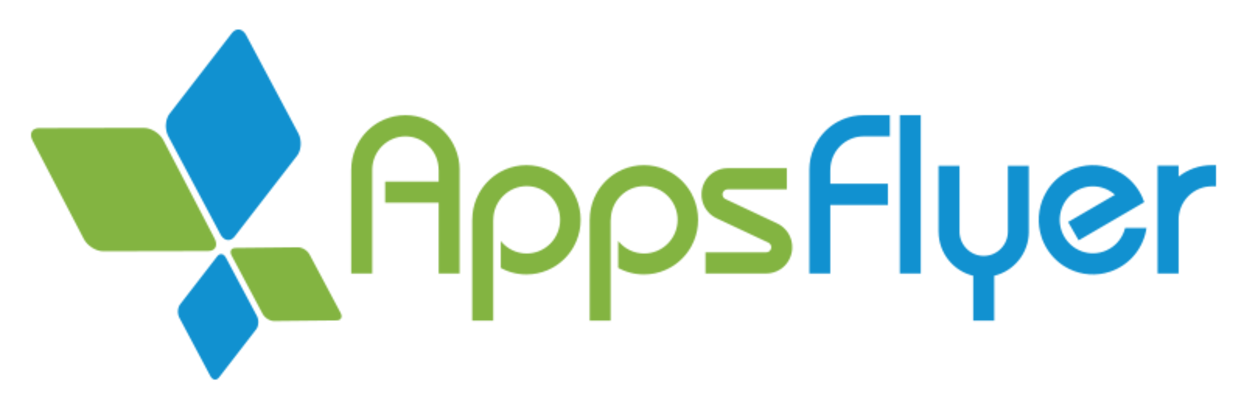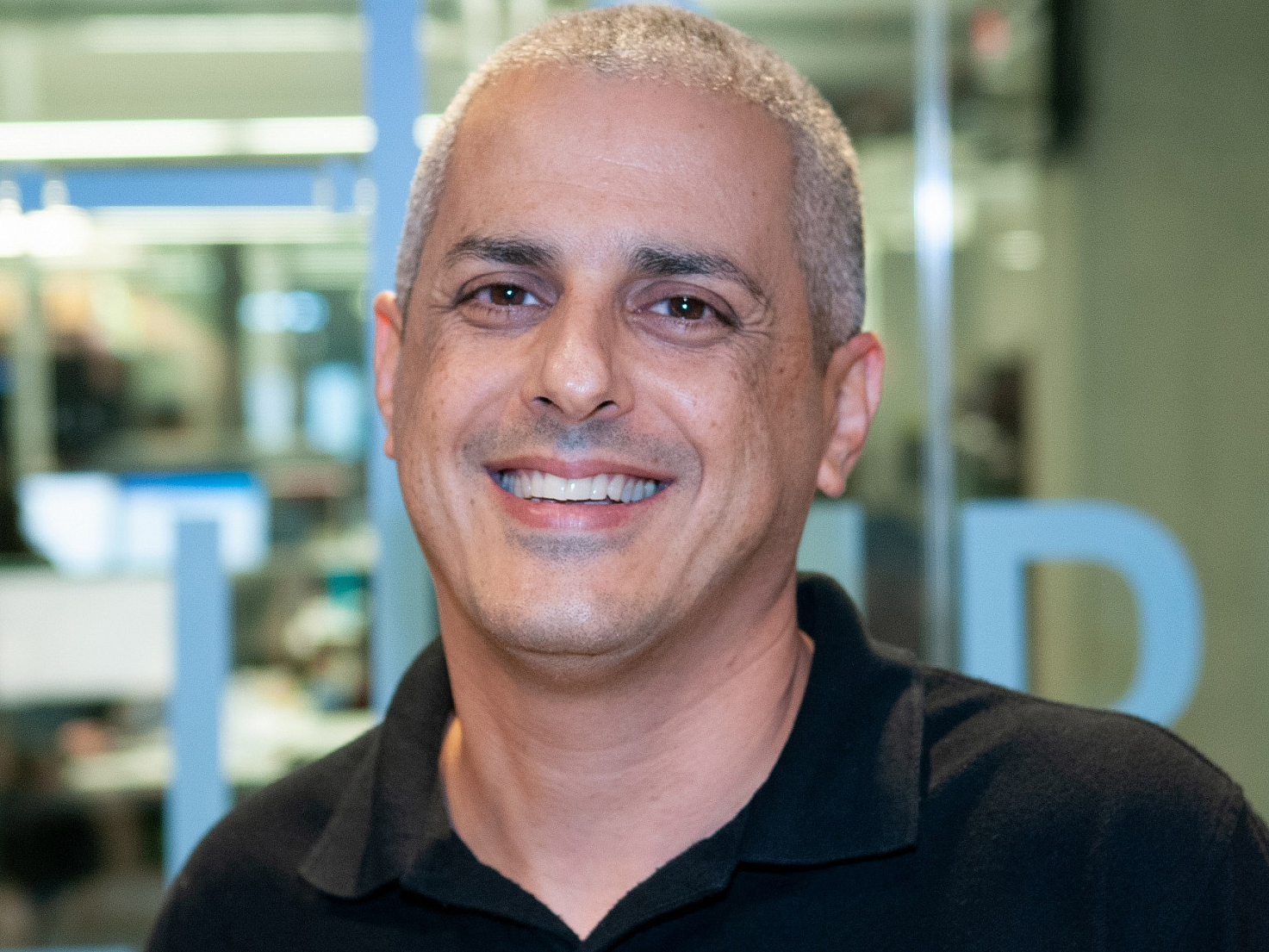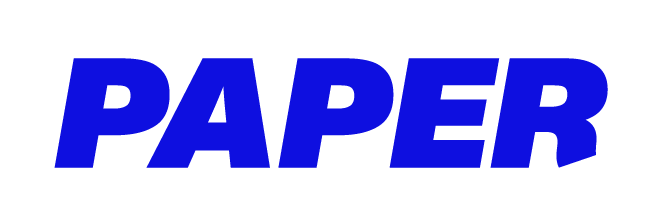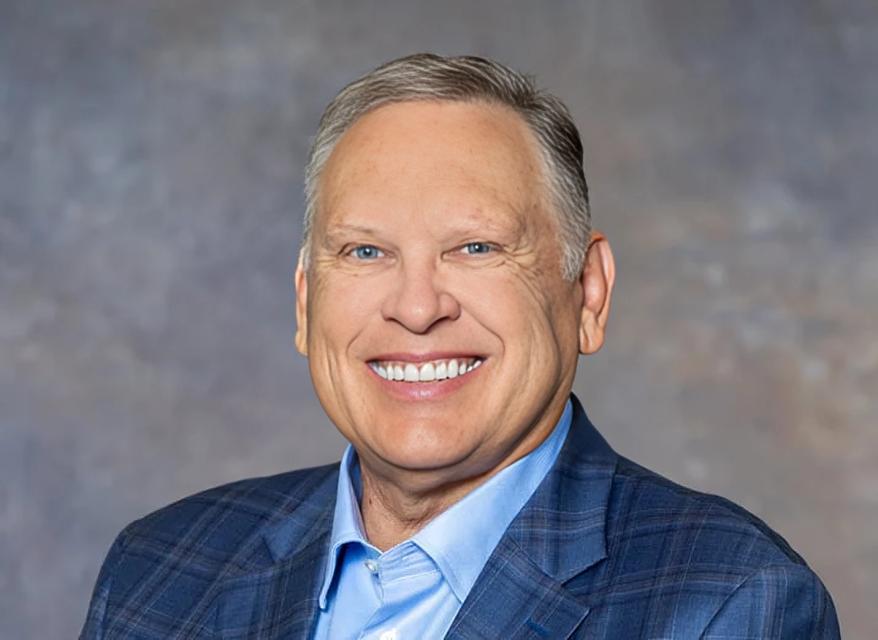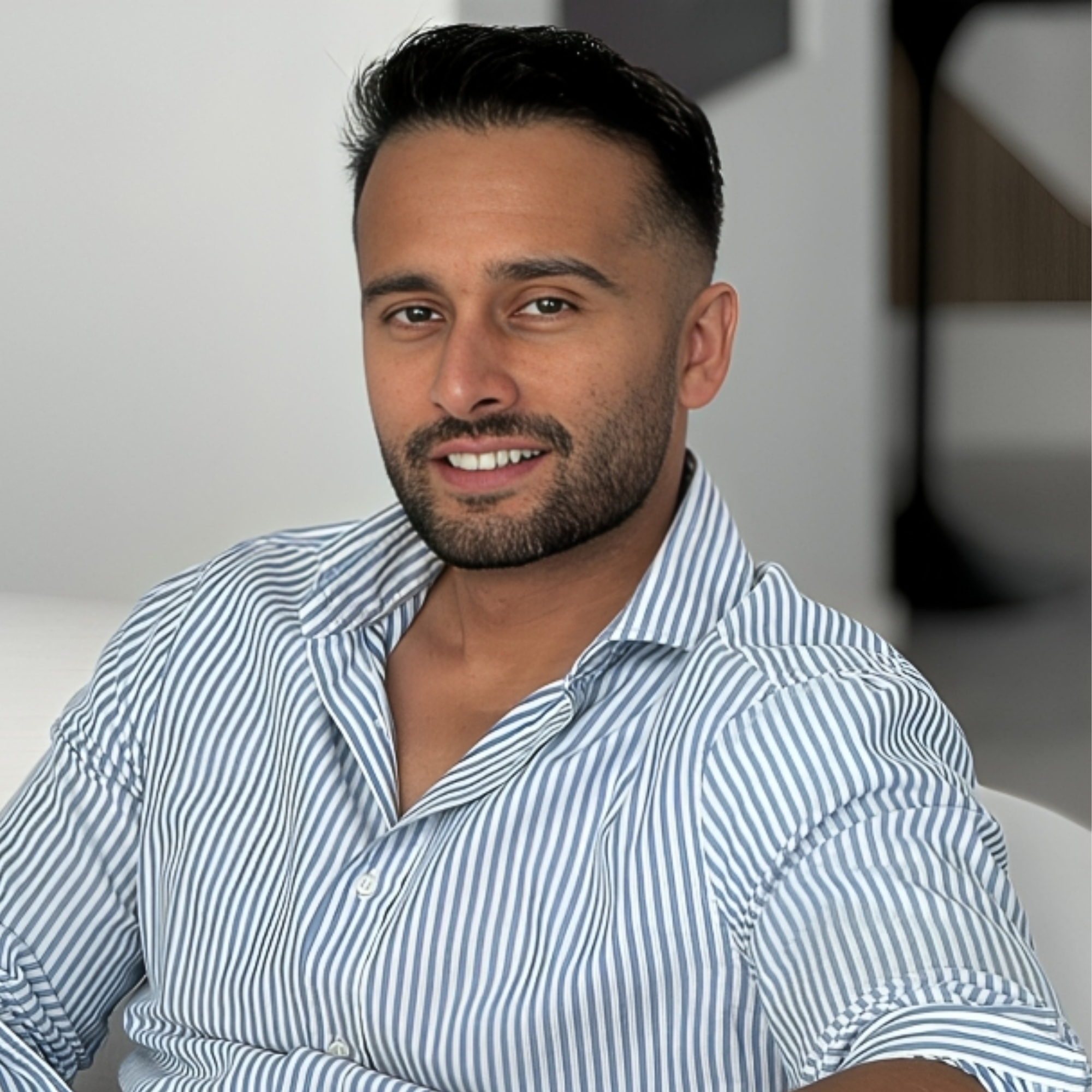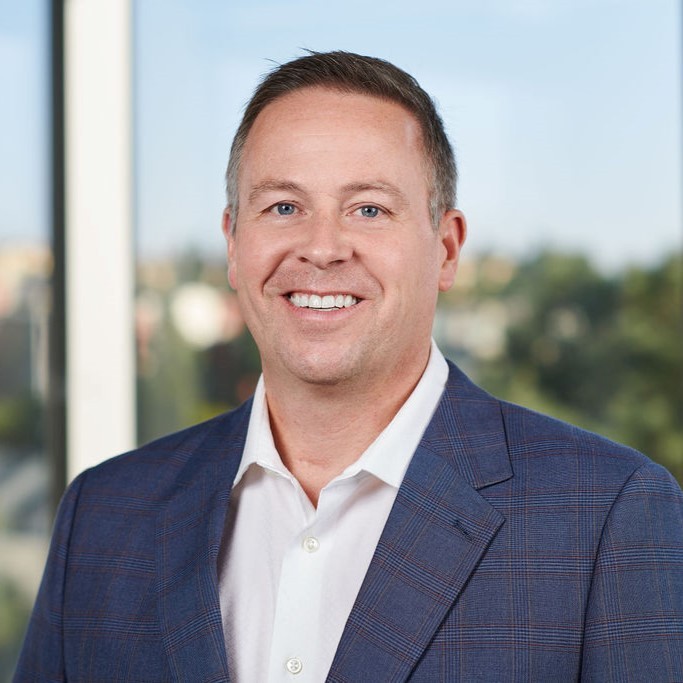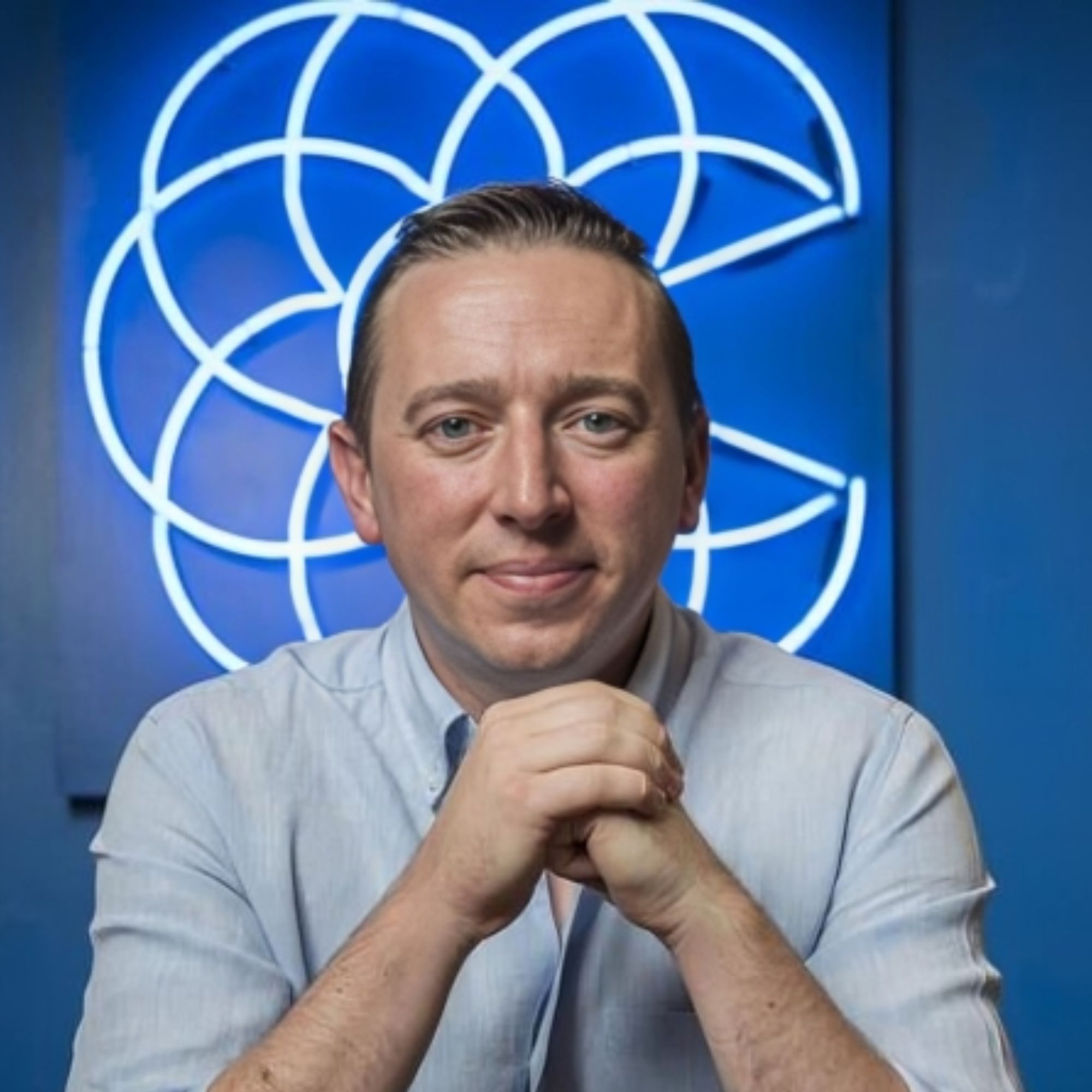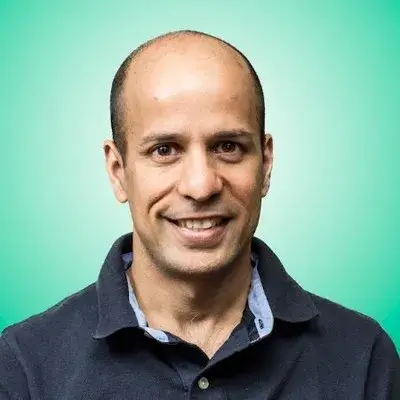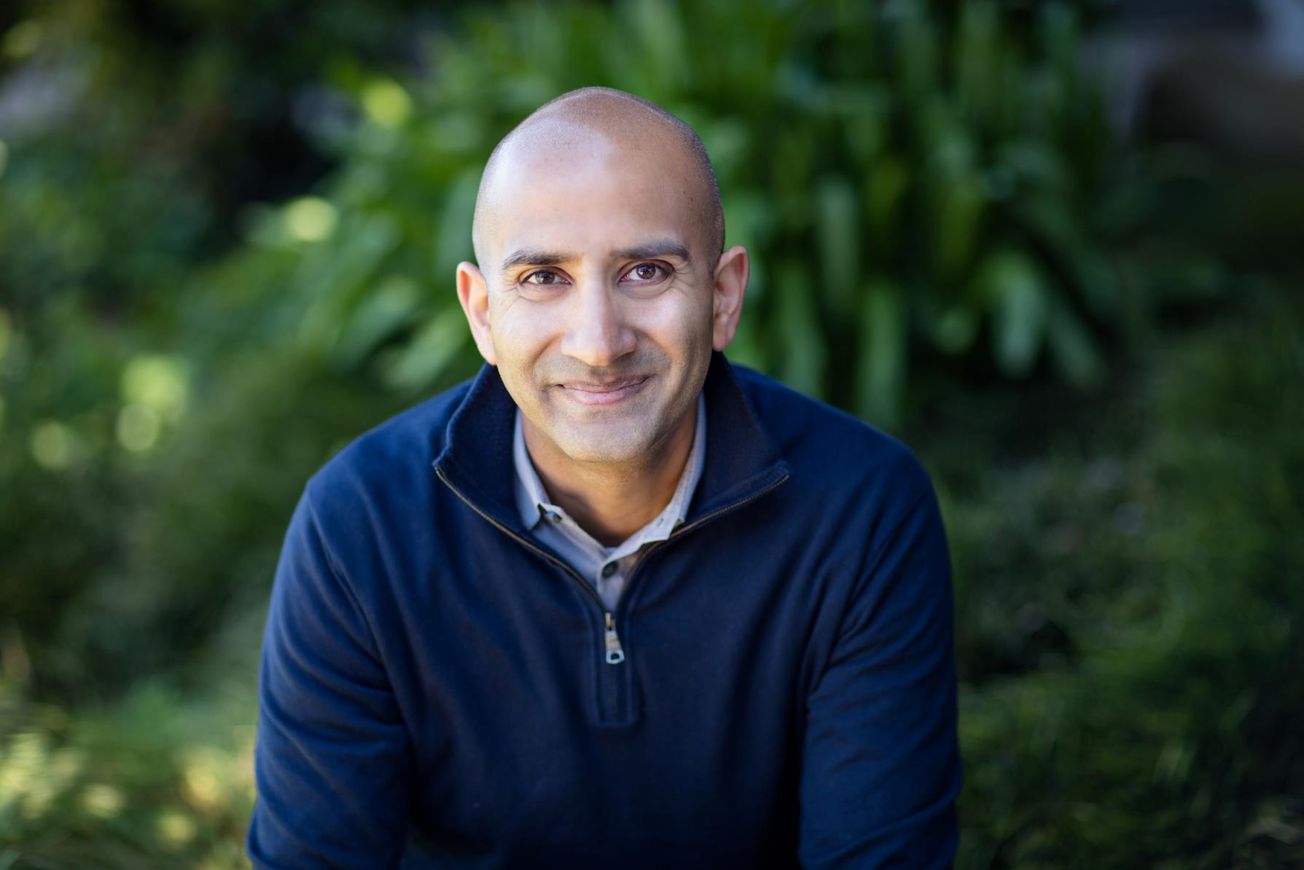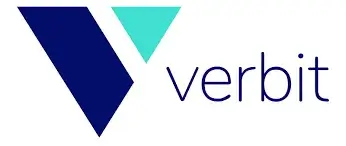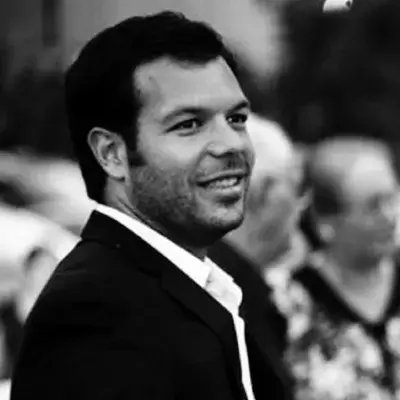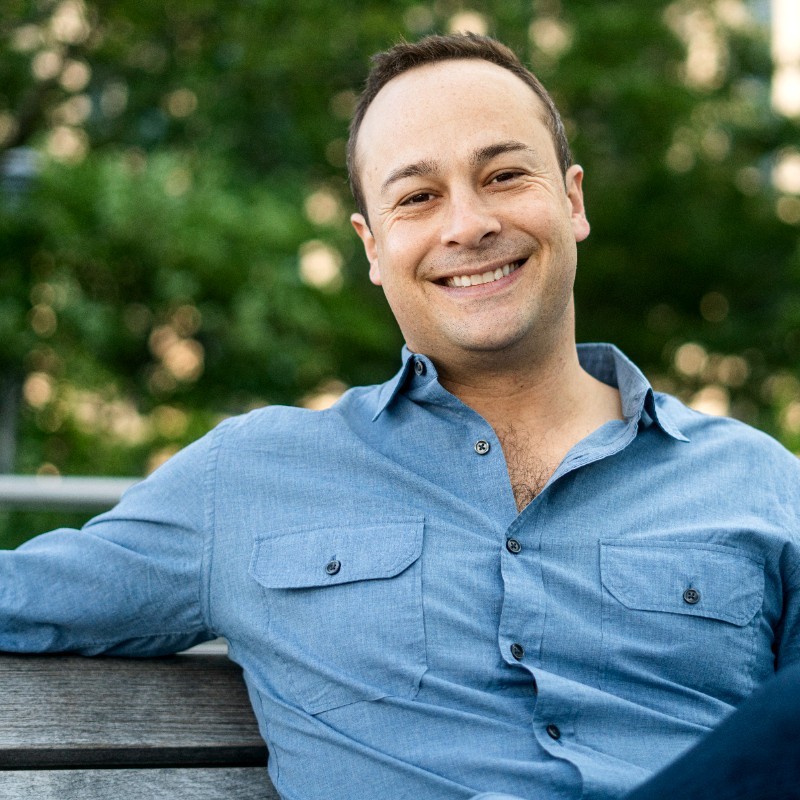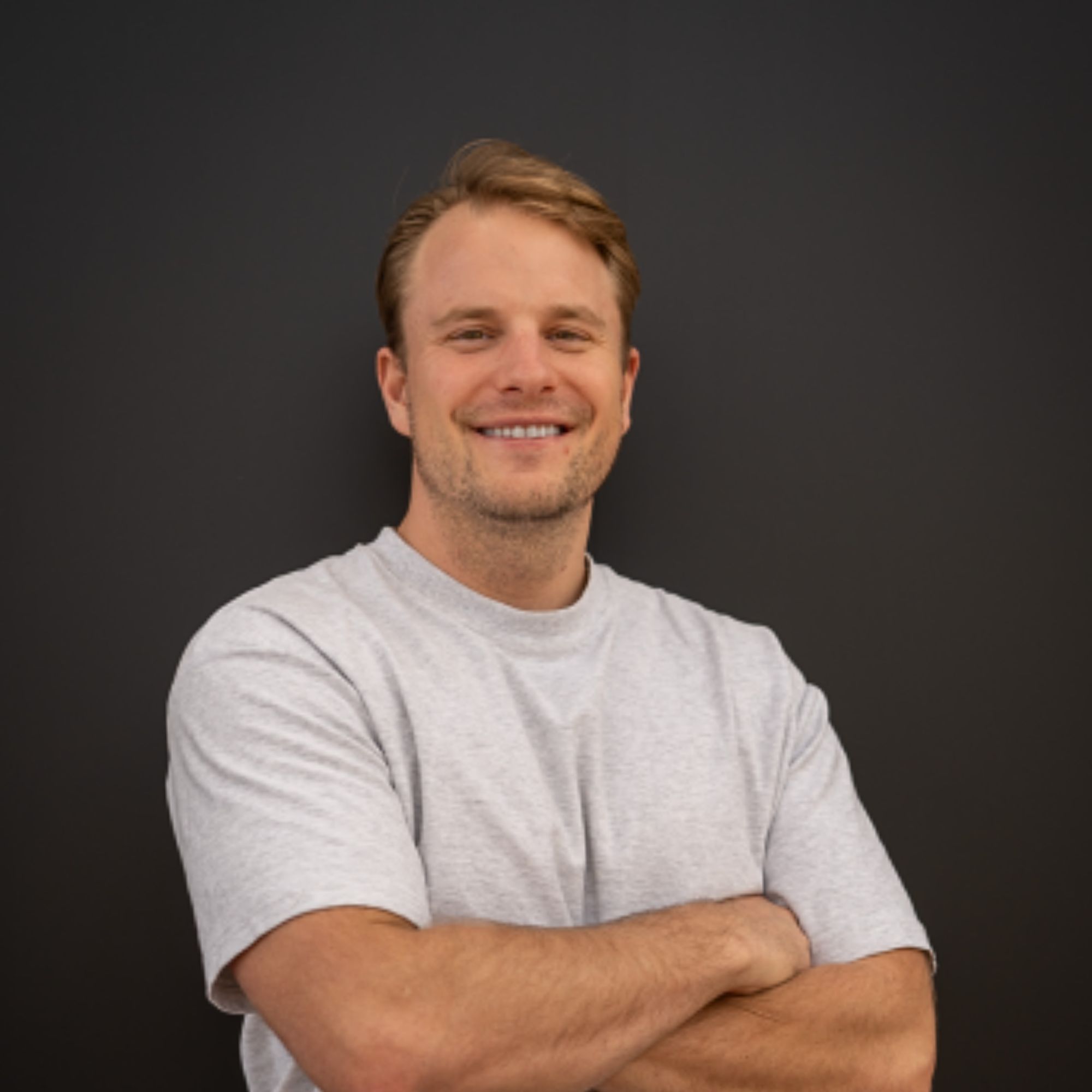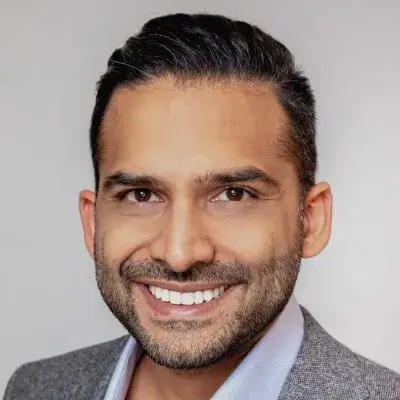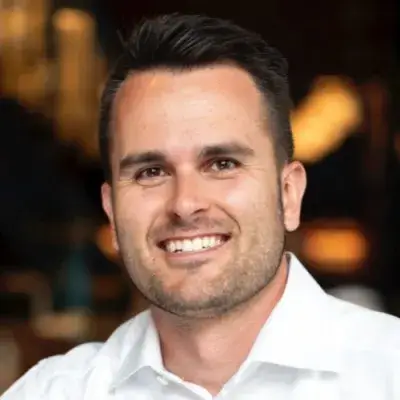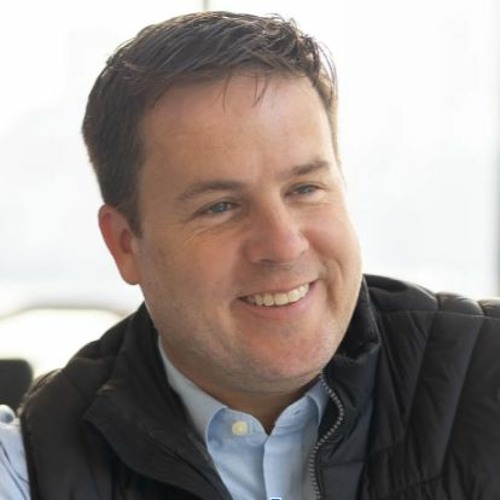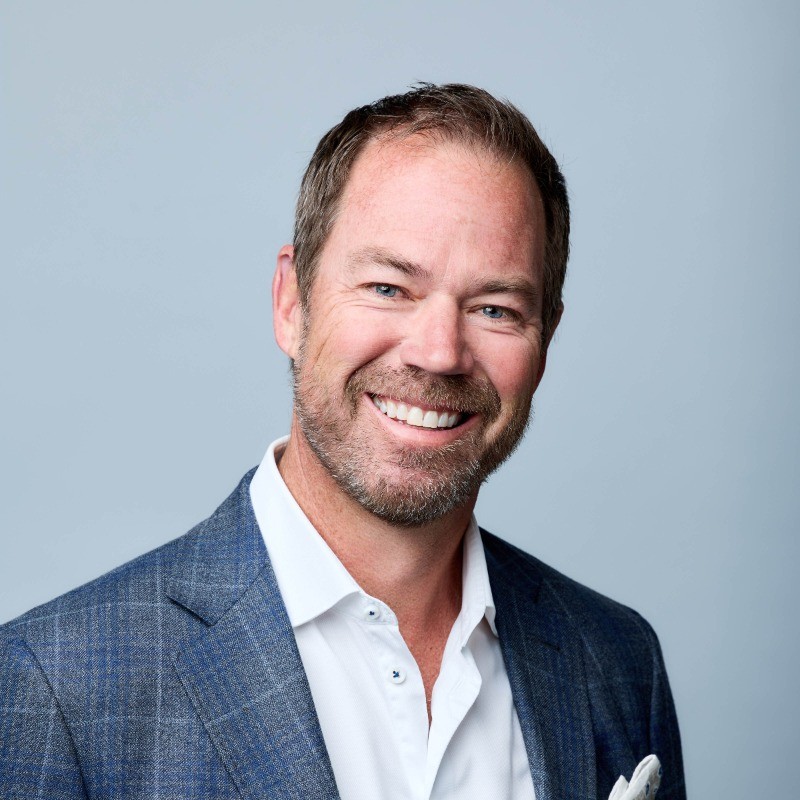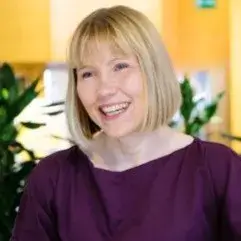Ready to build your own Founder-Led Growth engine? Book a Strategy Call
Frontlines.io | Where B2B Founders Talk GTM.
Strategic Communications Advisory For Visionary Founders
Actionable
Takeaways
Plan for success with brand investments:
Pilot spent $400K of their seed funding on the pilot.com domain, representing about a third of their raised capital. Daher explained their rationale: "You kind of need to plan for success, meaning in the case that the company is doing super well in a decade, you'll be super happy to be owning your brand." For high-trust service businesses, credibility signals like premium domains become essential sales assets. B2B founders should consider that brand investments may not show immediate ROI but compound over time, especially in industries where trust is paramount.
Focus on secondary trust signals for complex purchases:
When customers can't easily evaluate service quality, they rely heavily on secondary signals. Daher drew parallels to choosing a doctor: "It's like well, is the office clean? Is it convenient to me, like do they wear a white coat? Do my friends say they're good?" For B2B services that require deep trust, founders should invest in every touchpoint that signals credibility and professionalism, from domain names to office presentation to customer testimonials.
Use the hardest customer segment to build generalized solutions:
Pilot deliberately targeted startups first, not because they were the best fit, but because they represented the most challenging version of the problem. Daher noted: "The startup ranges from literally we support people that are like the day after they have incorporated...and we support companies with many hundreds of people with a VP of finance and a controller." By solving for the extremes, they built a platform that could serve any customer in their target market. B2B founders should consider starting with the most demanding segment to stress-test their solution's flexibility.
Create marketing that only you can execute:
Pilot's most successful marketing campaigns leveraged their unique position and expertise. Their Delaware franchise tax campaign exemplified this - they identified when scary tax letters would arrive, provided genuinely helpful education, and offered free assistance. Daher emphasized: "The things I like the most are when we have gotten very into the mind of the buyer to ask genuinely, what do they care about and how can we help them?" B2B founders should develop marketing strategies that leverage their unique insights and capabilities rather than generic approaches any competitor could copy.
Stay customer-proximate even as you scale:
Despite Pilot's growth, Daher still personally responds to customer emails and participates in sales calls. He sold the first 100+ accounts himself and continues staying close to customers. "I think it is tempting to believe, oh, I just hire the head of sales and I hire the marketing and like they'll just go and figure it out...I think that's a huge mistake." For B2B founders, maintaining direct customer contact prevents developing an outdated understanding of buyer needs and market dynamics as the company grows.
Embrace tech-enabled services over pure software:
While the market favored pure software solutions, Pilot chose a hybrid model combining technology with human expertise. Daher explained their reasoning: "I have never, ever talked to a business owner who has said like, gosh, I really want to buy accounting software. It's like, no, just like solve the problem for me." B2B founders should focus on delivering complete solutions rather than tools, even if it means accepting lower margins initially, as customers increasingly value outcomes over features.
Conversation
Highlights
The $400K Domain Decision That Defined Pilot’s Go-to-Market Strategy
Most founders agonize over their first sales hire. Waseem Daher spent a third of his seed funding on a URL.
In a recent episode of Category Visionaries, Waseem Daher, Founder and Executive Chair of Pilot, revealed how a controversial $400,000 domain purchase became the foundation of their entire go-to-market strategy. The decision wasn’t about vanity—it was about understanding the psychology of high-trust B2B services and building credibility in a market where customers hand over their most sensitive financial data.
The Trust Problem in Financial Services
Pilot operates in one of the highest-trust categories in B2B: accounting and tax preparation for startups and SMBs. As Waseem explains, “You actually give us read only access to your bank account or your payroll system and your expense reporting tools.” This level of trust creates unique challenges for customer acquisition that most SaaS companies never face.
The realization came early. “I think people would be reluctant to give their bank information to like good startupbooks, that IO or something. It just like doesn’t feel especially like as you get more mainstream, it’s like we wanted a domain that signaled credibility,” Waseem recalls. The team understood that in high-trust services, customers rely heavily on secondary signals when they can’t directly evaluate service quality.
Waseem draws a parallel to choosing healthcare: “It’s like you’re going to figure out who your doctor is. You’re not going to quiz them on like what is the endocrine system or like what were your grades. It’s like well, is the office clean? Is it convenient to me, like do they wear a white coat? Do my friends say they’re good?”
The $400K Decision
The decision to spend $400K on pilot.com wasn’t taken lightly. “I think it was like, you know, very material percentage, maybe like a third of the amount we had raised or something very substantive,” Waseem admits. The internal conversations were stressful, and investors questioned the allocation.
But the strategic reasoning was sound. As one investor told them, “You kind of need to plan for success, meaning in the case that the company is doing super well in a decade, you’ll be super happy to be owning your brand.” The domain wasn’t just a URL—it was insurance against future brand limitations and a immediate credibility signal.
“We wanted a one word, spellable, pronounceable English domain where we could have the dot com,” Waseem explains. The logic was simple: “If the company fails, well, then it kind of doesn’t matter. Like, sure, you’ll go and sell the domain or whatever, but it’s like the fact that you spent a ton of money on this, you know, it is an investment in some ways.”
Building Marketing That Only You Can Execute
The domain purchase established credibility, but Pilot’s real GTM innovation came through hyper-specific marketing campaigns that leveraged their unique industry position. The Delaware franchise tax campaign exemplifies this approach.
Every January, Delaware corporations receive intimidating letters claiming they owe $85,000 in franchise taxes. “Every first time founder, like, has a heart attack. They, like, get this letter and they’re like, I don’t have $85,000. Like, what am I supposed to do?” Waseem describes.
The reality is different. “There are two ways to calculate this number. One way yields $85,000. The other way yields $450. And, like, you can pick the lower of the two.” Most companies actually owe the smaller amount.
Pilot built an entire campaign around this insight:
- They identified when Delaware sends these letters based on predictable timing
- They researched which companies were Delaware C-corps using public records
- They sent helpful, educational messages explaining the real amount owed
- They offered to handle the filing for free
- They followed up with companies that hadn’t filed by the deadline
“It is 100% give. It’s like, we’re not trying to sell you anything. It’s like, oh, you have this very specific problem at this very point in time. We got you with the right message and an offer of how we can be helpful,” Waseem explains.
This campaign represents what Waseem calls their best marketing: “Those messages that I’ve talked about, they’re so specific to, like, who we are, what we do, our customers, even a specific subset of our customers.”
The Network-to-Scale Challenge
Like many B2B companies, Pilot initially relied on founder networks for customer acquisition. But Waseem and his co-founders had a key advantage: they were three-time entrepreneurs with successful exits to Oracle and Dropbox.
“We already had a huge network there. We knew the need very viscerally because it’s one we had experienced ourselves. We knew we could do it well. We had a sort of reasonable brand there already,” Waseem notes.
However, they understood this advantage wouldn’t last forever. The transition beyond founder networks happened through exceptional service quality. “We delivered a super high quality service. And that like really caused the flywheel to start spinning,” Waseem explains. Word-of-mouth became their primary growth driver.
“Organic word of mouth remains by far the largest channel for our own growth,” Waseem admits. While this validates product quality, it also presents challenges: “The reason I don’t like that is like, you know, as I think about gtm, like, of course you want the crank you can turn to kind of get more of that.”
Staying Customer-Proximate During Scale
Perhaps Pilot’s most unusual GTM characteristic is how involved the founders remain in customer interactions. Waseem still personally responds to customer emails and sold the first 100+ accounts himself.
“There’s some very kind of like if you email infopilot.com on Saturday at 9pm Probably I’m the one who responds to that,” he reveals. This isn’t about micromanagement—it’s about maintaining market understanding.
“I think it is tempting to believe, oh, I just hire the head of sales and I hire the marketing and like they’ll just go and figure it out…I think that’s a huge mistake. I think you always need to have your finger on the pulse of it,” Waseem argues.
The reasoning is practical: “Once you’re disintermediated from this stuff, once you’re not in a day to day like your picture of the world rapidly gets out of date.”
The Tech-Enabled Services Model
Pilot’s approach combines software with human expertise—a model that faced significant skepticism in 2017’s software-obsessed environment. “Oh, I think a lot of people hated it. I mean, I think of potential investors, a lot of people hated it,” Waseem recalls.
The decision stemmed from customer research: “I have never, ever talked to a business owner who has said like, gosh, I really want to buy accounting software. It’s like, no, just like solve the problem for me.”
They believed technology could handle most accounting work if built correctly: “We had deep conviction that even in 2017 when we started the business, that it was newly possible for the computer to do the vast majority of this work if we’re smart about building the right things.”
The Long-Term Vision
Pilot’s 20-year vision extends far beyond accounting. “We should do everything, meaning it’s like all of this back office stuff,” Waseem explains. Today they focus on financial back office operations, but the broader vision encompasses “legal and HR and IT and lending.”
The strategy is selective: “Let’s do the stuff that we have a unique right to win on and let’s do the stuff where there isn’t already a great player in the market.”
Waseem envisions Pilot becoming “the AWS of back office operations”—handling infrastructure so companies can focus on their core mission. “We should be doing that heavy lifting so that you can focus your energy on, you know, why you started the company in the first place.”
Lessons for B2B Founders
Pilot’s journey offers several insights for B2B founders, particularly those in high-trust categories:
Brand investments compound over time, especially in trust-dependent markets. The $400K domain purchase seemed expensive initially but enabled every subsequent GTM decision.
Create marketing campaigns that only you can execute. Generic content marketing pales compared to insights that leverage your unique market position and expertise.
Secondary trust signals matter enormously when customers can’t directly evaluate service quality. Every touchpoint becomes a credibility indicator.
Stay customer-proximate during scale. Founder involvement in sales and support provides market intelligence that’s difficult to replicate through reports and metrics.
Consider tech-enabled services over pure software if that’s what customers actually want. The market’s software bias doesn’t always align with customer preferences.
Pilot’s success demonstrates that unconventional GTM decisions—like spending a third of seed funding on a domain—can define entire company trajectories when they align with deep customer insights and market realities.



